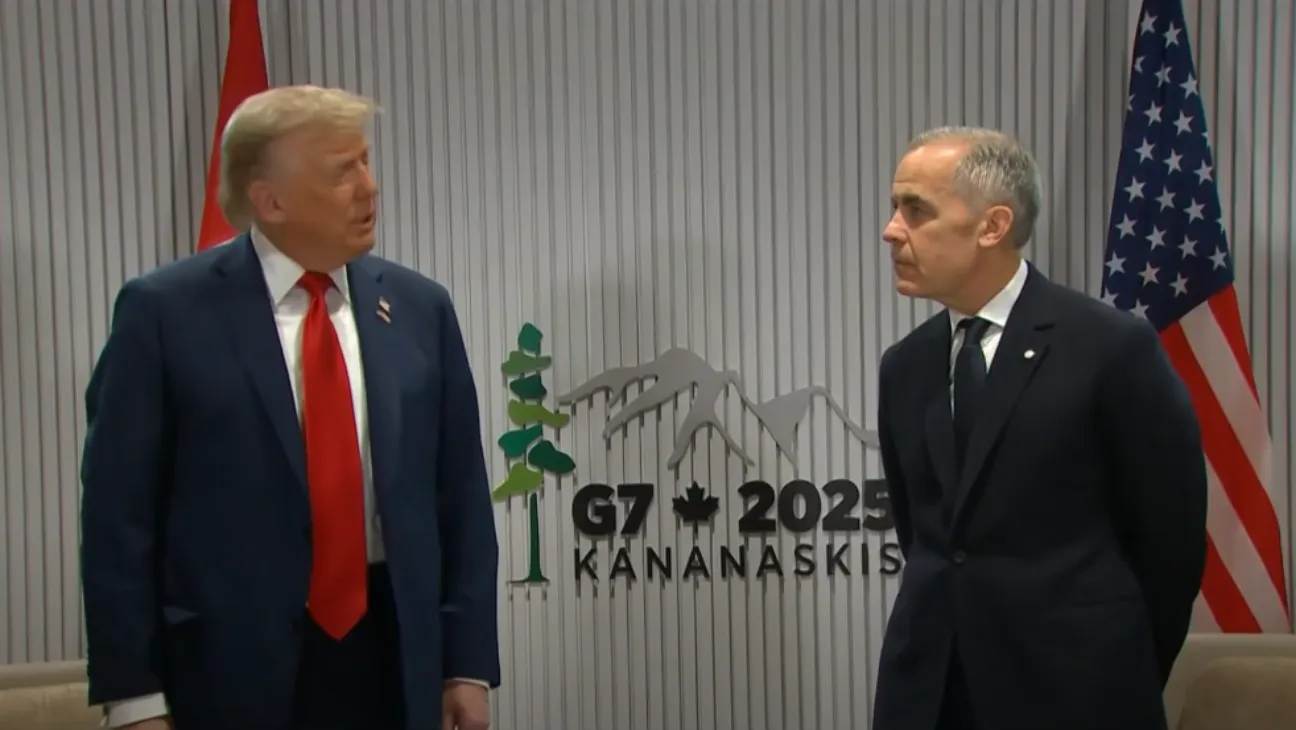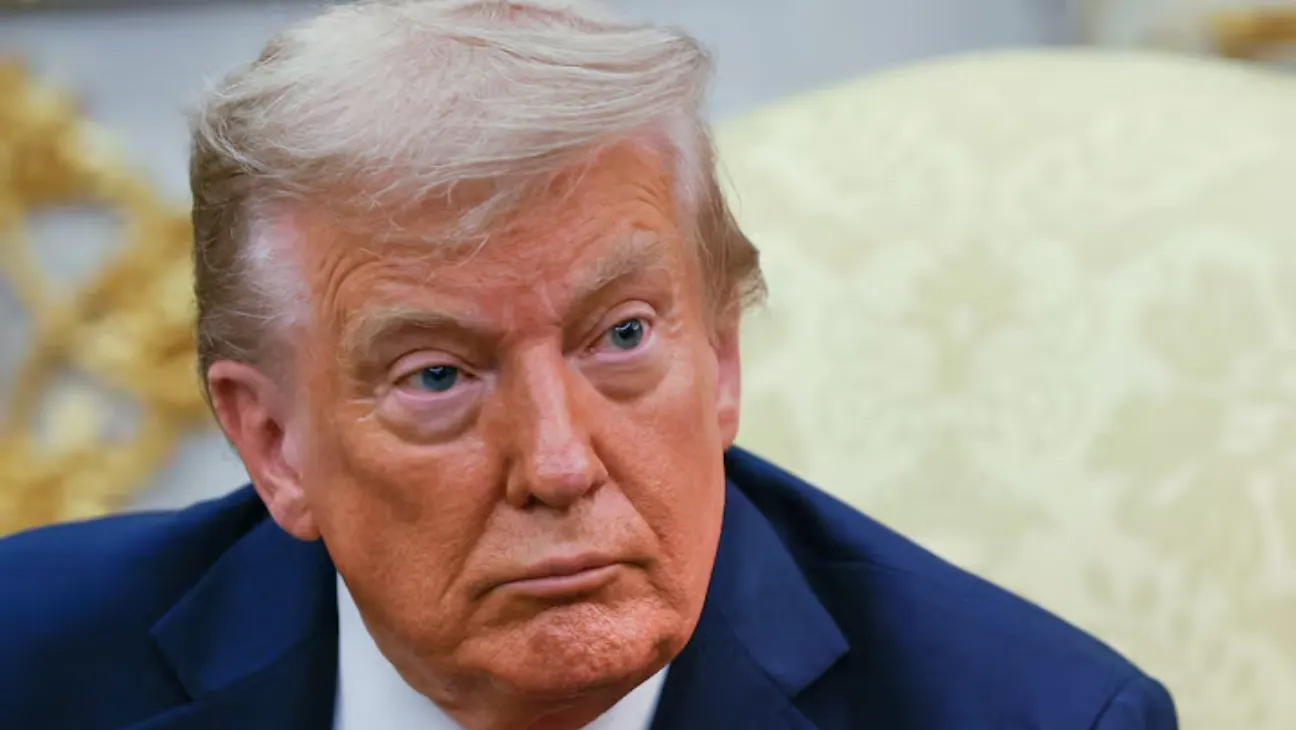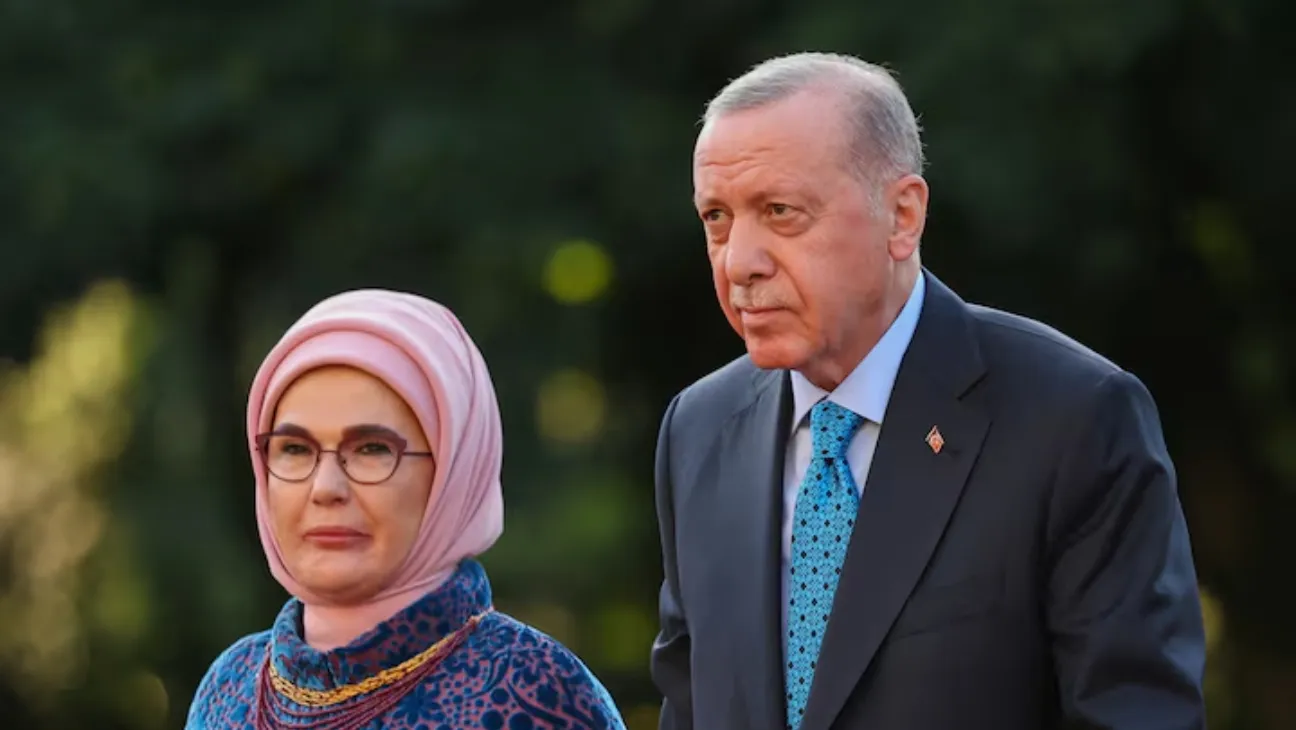Canada has withdrawn its digital services tax on technology companies one day before the first payments were set to take effect, following President Donald Trump’s abrupt suspension of trade talks with the country.
The decision, which surfaced over the weekend, has sparked fresh discussion about the growing tension between the U.S. and Canada on digital trade policy.
NBC News correspondent Yamiche Alcindor reported that the move appears to be a direct response to Trump’s announcement that he was pulling out of ongoing negotiations, citing strong opposition to the proposed levy.
U.S.-based tech companies had lobbied against the Canadian tax, which was expected to hit firms like Meta and Google. After Canada backed down, both companies publicly supported the president’s hardline stance.
Leaders at Google described the cancellation as “a step in the right direction,” while Meta praised the administration’s efforts to protect U.S. digital interests abroad.
The tax had been scheduled to begin generating revenue from today, targeting large firms that benefit from digital activity in Canada but pay taxes elsewhere. Ottawa had framed the policy as an attempt to create fairness in digital revenue taxation.
But with Trump’s administration warning that there would be no further trade discussions while the tax remained in place, pressure mounted.
At one point, the president reportedly told advisors that Canada lacked leverage in the dispute and predicted the policy would backfire. The message was clear: drop the tax, or face broader trade consequences.
Canadian Prime Minister Mark Carney, while not confirming the tax was dropped purely due to U.S. pressure, said Canada would continue to pursue policies “in the national interest.” Trade officials echoed that line, suggesting the country remains committed to revisiting its digital tax framework in the future.
For now, the standoff appears to be paused. But whether it resurfaces later in another form is uncertain. What’s left is a moment that speaks to how much political power still revolves around the U.S. tech sector and the countries trying to regulate it.









